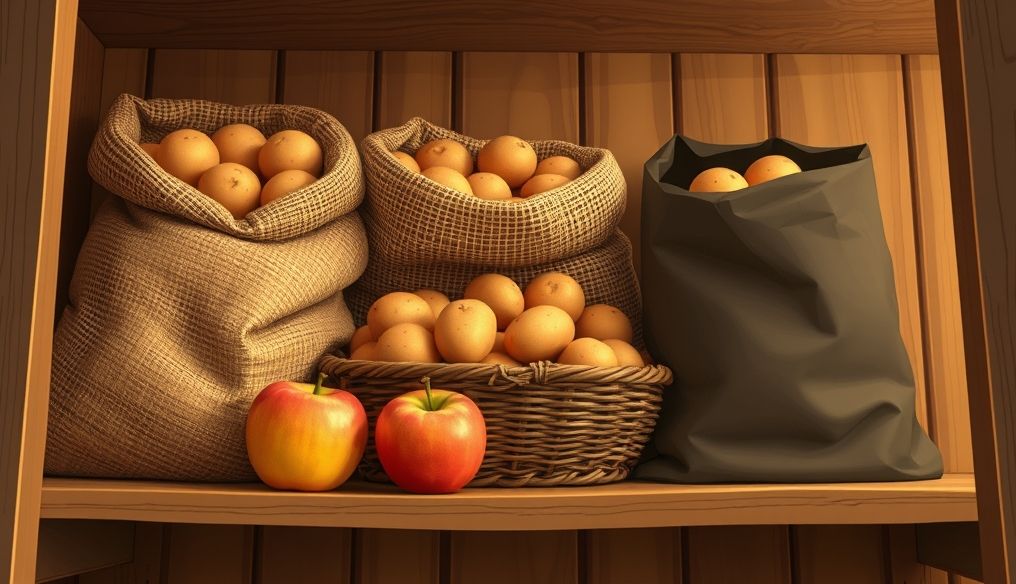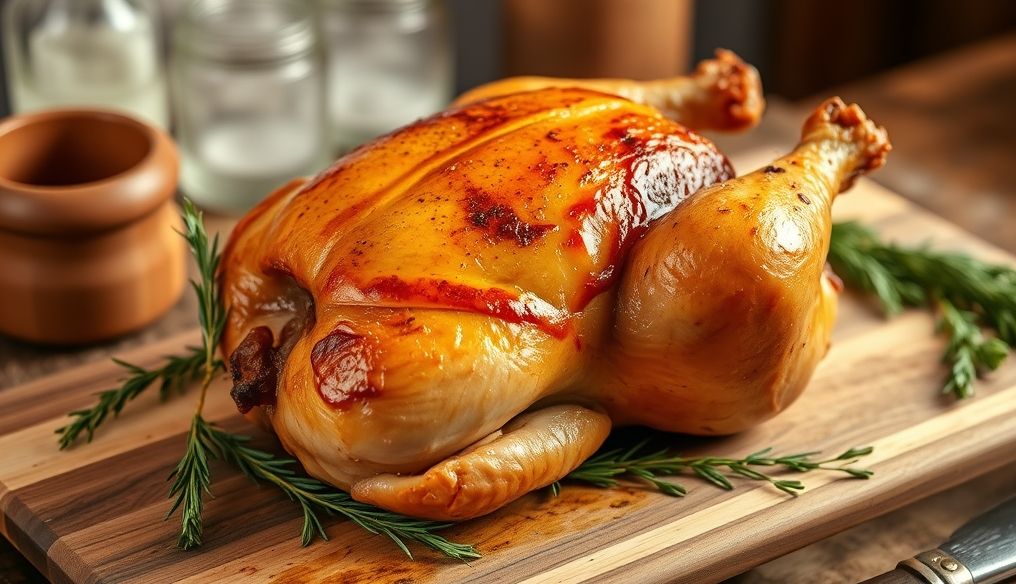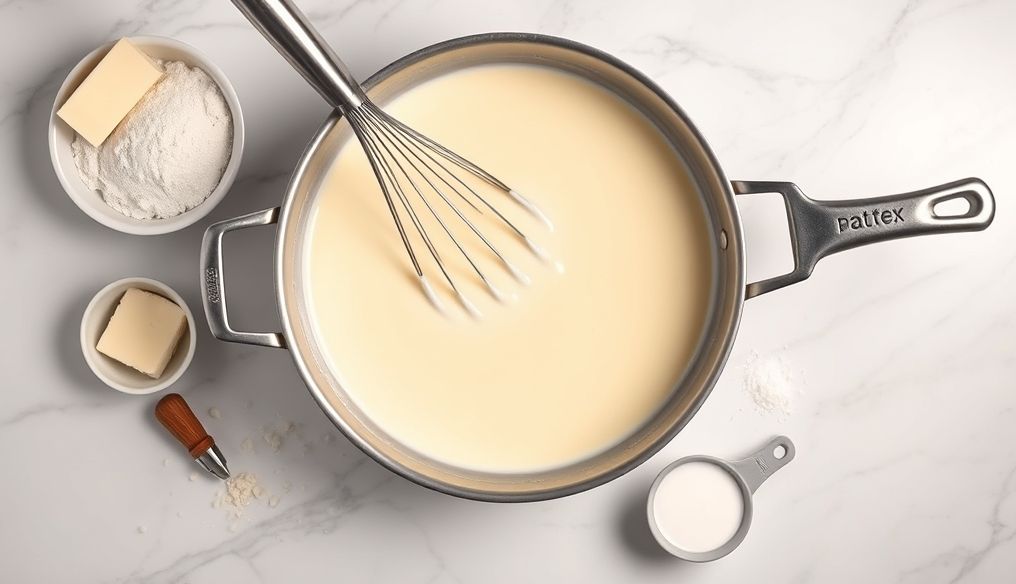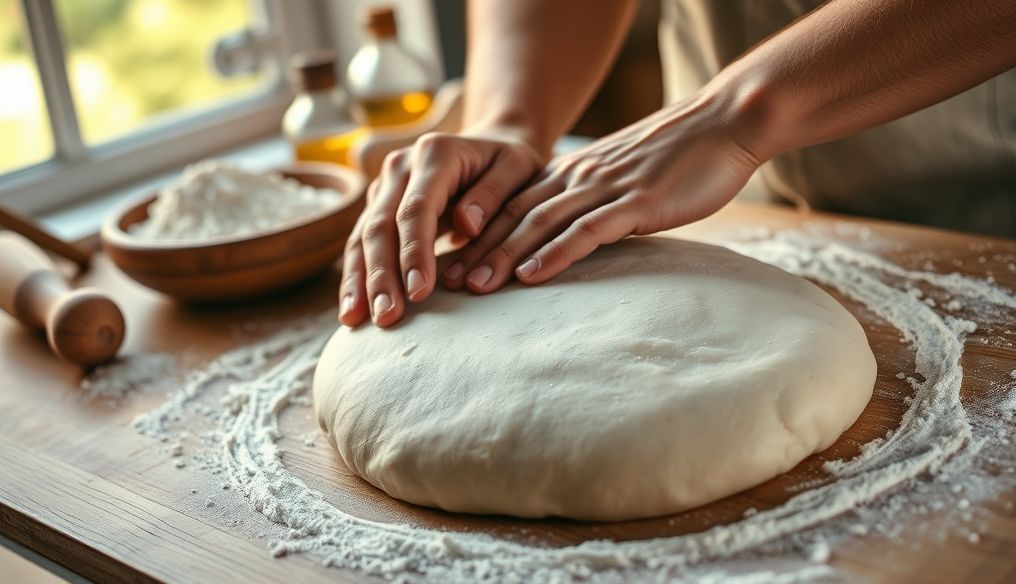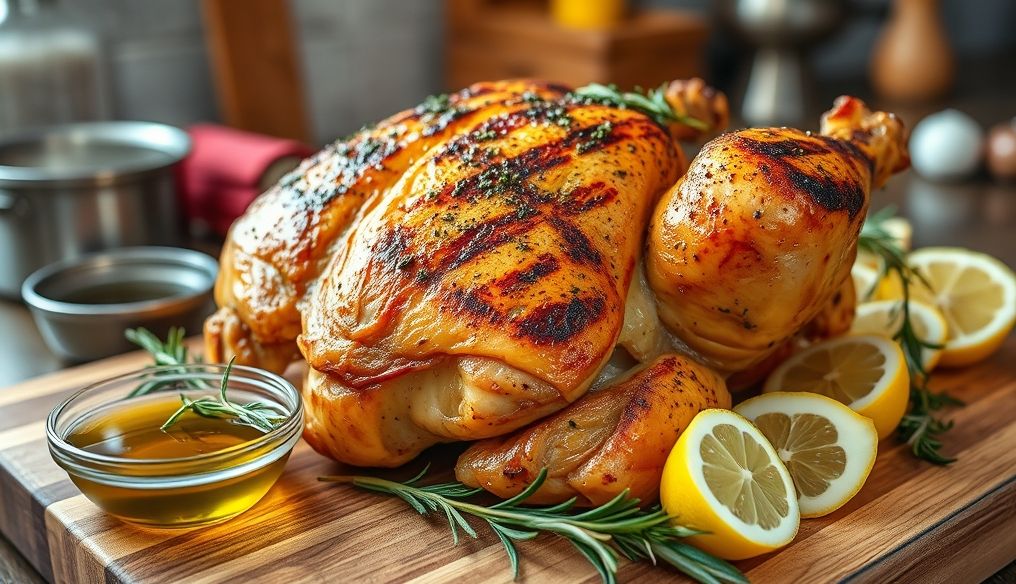What is the best way to store potatoes and prevent them from sprouting longer?
Potatoes are a staple food in many households around the world. They are versatile, nutritious, and relatively inexpensive. However, storing potatoes properly can be a challenge, as they are prone to sprouting and rotting if not handled correctly. In this article, we will explore the best ways to store potatoes and prevent them from sprouting, ensuring they stay fresh and delicious for longer.
Why Do Potatoes Sprout?
Sprouting is a natural process that occurs when potatoes begin to grow. It happens when potatoes are exposed to light, moisture, and warmth. The eyes on the surface of the potato start to produce small sprouts, which are essentially new stems trying to grow. While sprouted potatoes are still safe to eat (if the sprouts are removed), they lose their nutritional value and flavor. Additionally, the sprouts can contain solanine, a toxic substance that can cause digestive problems if consumed in large quantities.
Key Factors for Successful Potato Storage
To maximize the shelf life of potatoes and prevent them from sprouting, consider the following factors:
1. Darkness
Light is the biggest enemy of potatoes. Exposure to light stimulates the production of chlorophyll, which causes potatoes to turn green and produce solanine. Store potatoes in a dark place, such as a pantry or a vegetable drawer in the refrigerator. If you don't have a dark place, store them in a paper bag or a dark mesh bag.
2. Coolness
The ideal temperature for storing potatoes is between 45 and 50 degrees Fahrenheit (7 and 10 degrees Celsius). This temperature slows down the sprouting process and prevents rotting. Avoid storing potatoes in the refrigerator, as the cold temperatures can convert the starch in potatoes into sugar, resulting in an undesirable sweet taste.
3. Ventilation
Potatoes need ventilation to prevent moisture buildup, which can lead to rotting. Store potatoes in a bag or basket with ventilation holes. Avoid storing them in sealed plastic bags.
4. Avoid Storing with Onions
Onions release ethylene gas, which can accelerate the sprouting process in potatoes. Store potatoes and onions in separate locations.
Different Methods of Storing Potatoes
There are several methods for storing potatoes, each with its advantages and disadvantages:
1. Storing in the Pantry
This is the most common method for storing potatoes. Store potatoes in a paper bag or a dark mesh bag in a cool, dark, and well-ventilated place in the pantry. In this way, potatoes can stay fresh for up to two weeks.
2. Storing in the Vegetable Drawer of the Refrigerator
Potatoes can be stored in the vegetable drawer of the refrigerator, but you should be careful about the temperature. Make sure the temperature is not too cold, otherwise the potatoes will turn sweet. In this way, potatoes can stay fresh for up to a month.
3. Storing in a Potato Storage Bin
A potato storage bin is a container specifically designed for storing potatoes. They are usually made of wood or metal and have ventilation holes to maintain air circulation. A potato storage bin can help keep potatoes fresh longer than storing them in the pantry.
4. Freezing
Cooked potatoes can be frozen, but freezing raw potatoes is not recommended. To freeze cooked potatoes, cut them into cubes or slices, then blanch them for 2-3 minutes. Drain the potatoes and let them cool, then place them in a freezer-safe bag. Frozen potatoes can stay fresh for up to 8 months.
Additional Tips to Prevent Potato Sprouting
- Buy Small Quantities: Only buy the amount of potatoes you need at a time to avoid storing them for too long.
- Check Potatoes Regularly: Check potatoes regularly and discard any that show signs of rotting.
- Remove Sprouts: If potatoes start to sprout, remove the sprouts before cooking them.
- Store Apples with Potatoes: Apples release ethylene gas, which can help prevent potato sprouting. However, you should be careful not to store apples and potatoes together for too long, as ethylene can also accelerate the ripening process of potatoes.
What to Do with Sprouted Potatoes?
As mentioned earlier, sprouted potatoes are still safe to eat if the sprouts are removed. However, it is important to remove the sprouts deeply, as they can contain solanine. You can use a knife or vegetable peeler to remove the sprouts. If the potatoes are heavily sprouted, it is best to discard them.
Conclusion
Storing potatoes properly is not difficult. By following the tips mentioned above, you can extend the life of potatoes and prevent them from sprouting, ensuring they stay fresh and delicious for longer. Remember that darkness, coolness, and ventilation are the key factors for successful potato storage. Additionally, it is important to avoid storing potatoes with onions and check them regularly to ensure there are no signs of rotting.
Frequently Asked Questions About Potato Storage
Can I store potatoes in plastic bags?
No, it is not recommended to store potatoes in plastic bags, as they prevent air circulation and can lead to moisture buildup, which can lead to rotting.
Can I store potatoes in the refrigerator?
Yes, you can store potatoes in the vegetable drawer of the refrigerator, but you should be careful about the temperature. Make sure the temperature is not too cold, otherwise the potatoes will turn sweet.
Can I freeze raw potatoes?
No, it is not recommended to freeze raw potatoes, as they will become mushy and watery when thawed. However, you can freeze cooked potatoes.
What should I do if potatoes start to sprout?
If potatoes start to sprout, remove the sprouts before cooking them. You can use a knife or vegetable peeler to remove the sprouts.
Are sprouted potatoes safe to eat?
Yes, sprouted potatoes are still safe to eat if the sprouts are removed. However, it is important to remove the sprouts deeply, as they can contain solanine.
